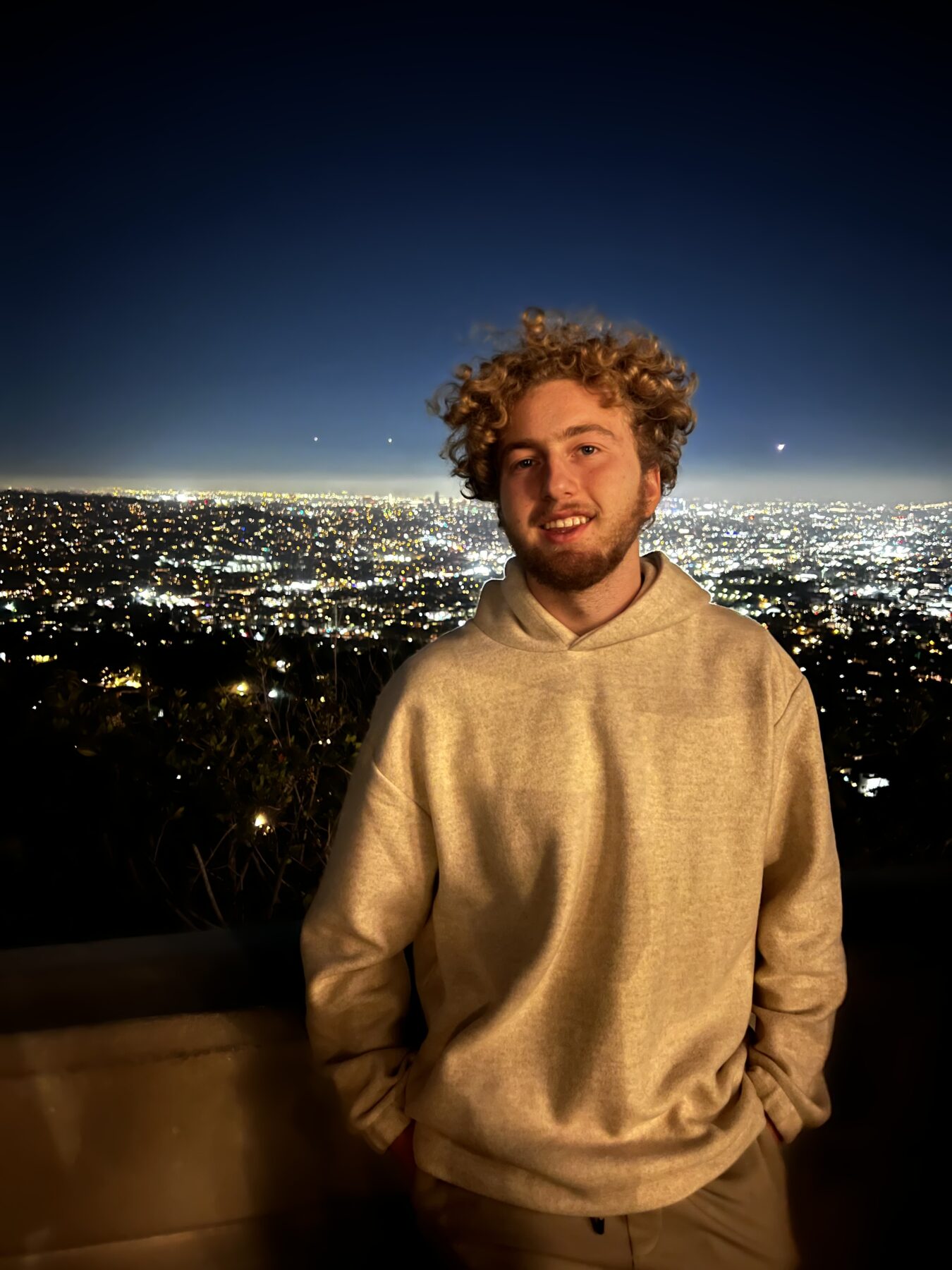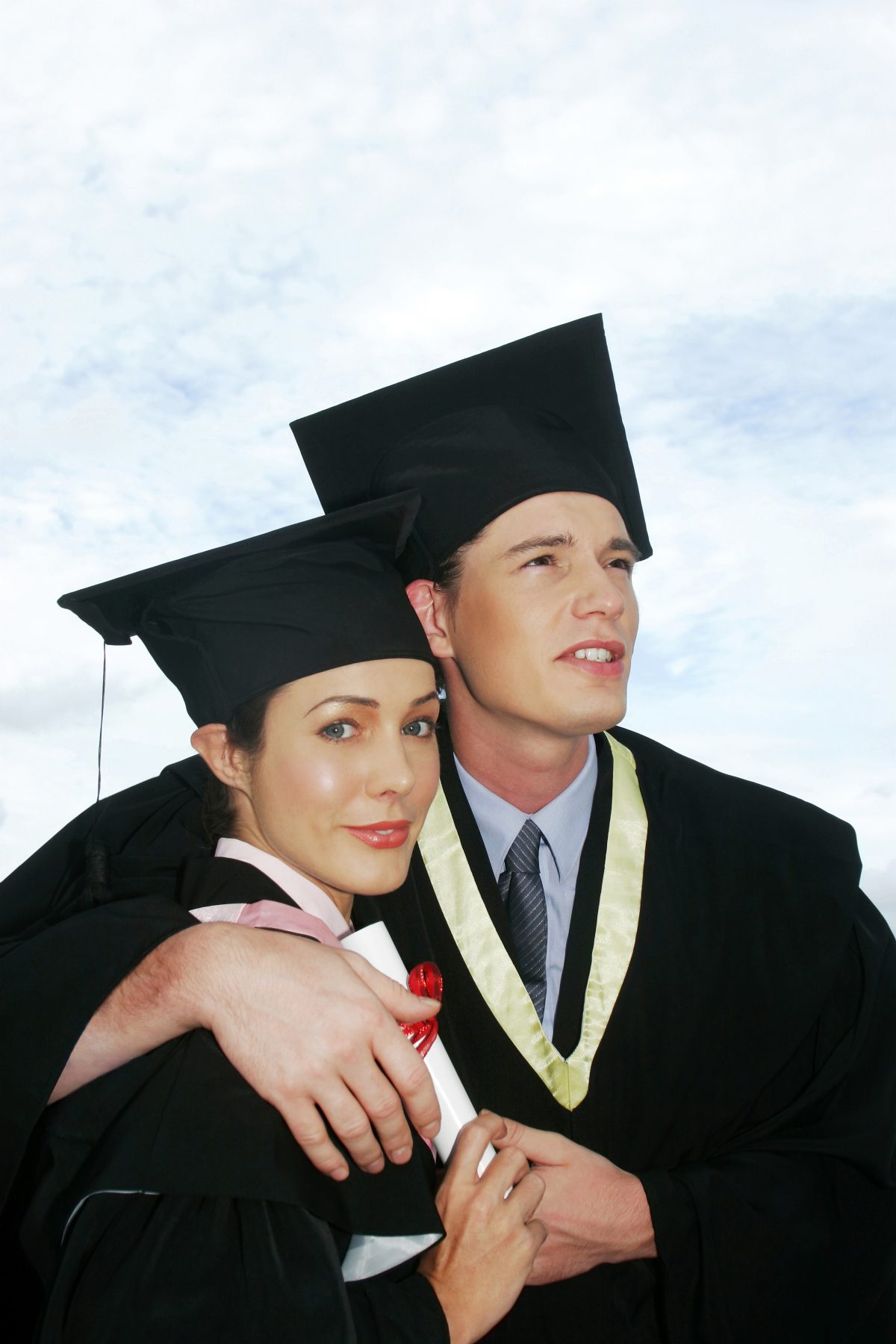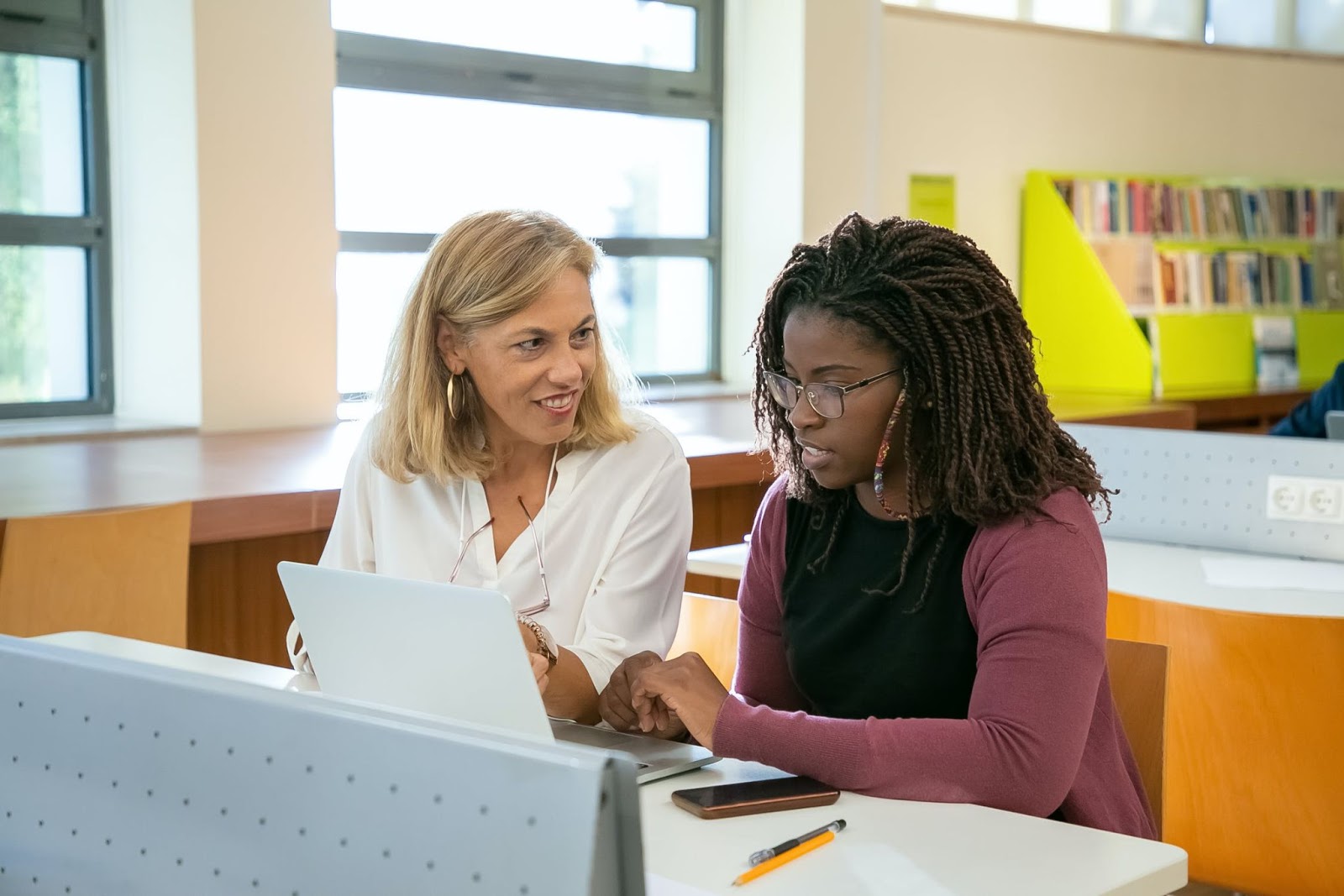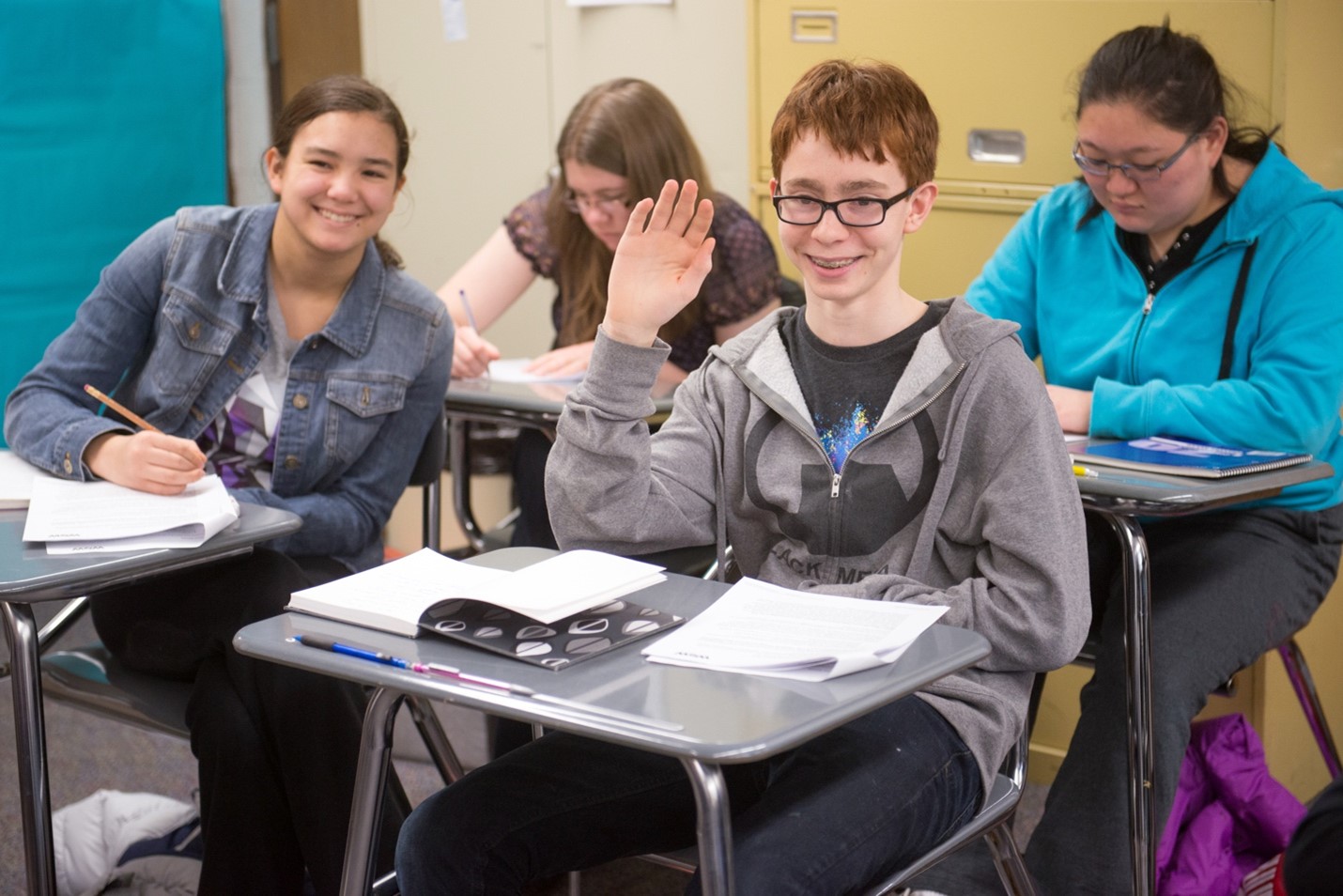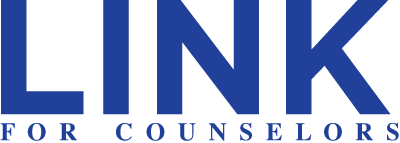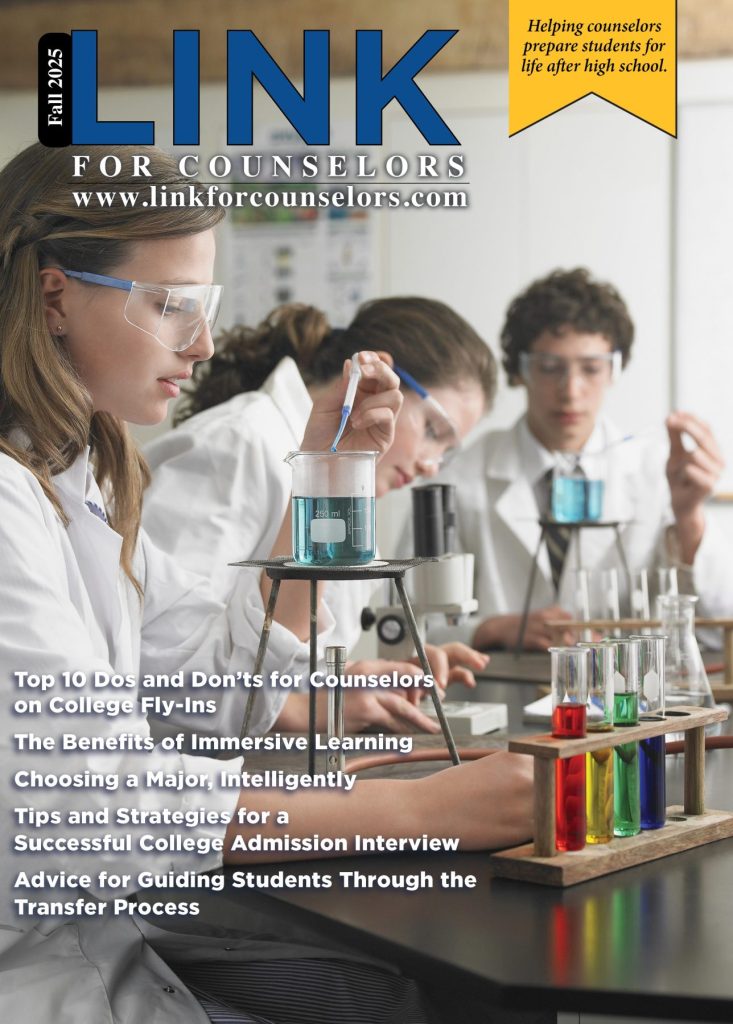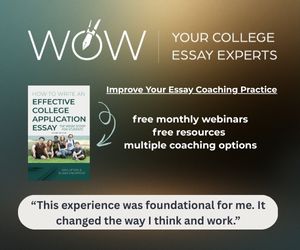Are any of your students unhappy with their choices…? No reason to panic; there is SPACE AVAILABLE
If your stack of responses from colleges included nothing but rejections, you’ll probably want to read further. The first thing to know is that there’s no reason to despair, there are still options.
NACAC’S FALL 2022 COLLEGE OPENINGS UPDATE
There are more than 200 colleges and universities nationwide still accepting applications from students seeking openings, housing, or financial aid this fall, according to the National Association for College Admission Counseling (NACAC). This is the 35th year of the “Space Availability List” from NACAC. The online link provides counselors, teachers, and families with a comprehensive list of colleges and universities that are still accepting applications from qualified first-year and transfer students and also indicates if the institutions still have financial aid or housing available. Both public and private institutions are listed.
“The NACAC College Openings Update provides options and assurances for students who have not yet found a college to attend this fall,” said Melissa E. Clinedinst, director of research and grants. “Many terrific institutions are still seeking students for fall enrollment, due to ongoing COVID-related disruptions, as well as typical fluctuations in application and enrollment patterns.”
Many colleges accept applications well after May 1 as a matter of policy, while others will continue to have openings available due to fluctuations that occur each year in the college admission process. The College Openings Update is updated regularly as institutions submit information. The update will remain on NACAC’s website through the end of July.
The process is straightforward. Students review the list and contact any of the colleges or universities of interest for application information. Admission to each institution is dependent on the completion of an application and a review by the admissions staff. To search the NACAC 2022 College Openings Update, go to nacacnet.org/openings.
Some surprises on this year’s list include:
New York: Adelphi University and Ithaca College
Pennsylvania: Allegheny College and Susquehanna College
Massachusetts: Simmons College and University of Massachusetts/Lowell.
California: University of Redlands, Whittier College
The list is likely to initially grow and then change daily as colleges tally their freshman class yield (the number of students who have deposited), so it makes sense to check-in regularly. Additionally, in case you know any students who are less than enthusiastic about where they’ve spent their freshman or sophomore year, the list also tracks openings for transfers.
Things may not have worked out the way you planned, but there are definitely options available to the resourceful family. The “space availability” list is really a “win-win” for students and colleges. Many colleges operate with a “rolling admissions” process which means that they are constantly accepting applications on a year-round basis until their class is filled.
If you can’t find a good academic, social and financial fit, you may want to consider taking a year off and reapplying to colleges in the fall. If you are looking for some creative ways to spend the time off, you should investigate some possibilities at www.americangap.org.
Lee Bierer is an independent educational consultant based in Charlotte. Send questions to: leesbierer@gmail.com and visit www.leebierer.com.




 Lisa Brown is a Technology Executive within the Data Management Technology (DMT) Organization. She leads the design, development and maintenance of Enterprise applications in support of secure and efficient data and metadata management, movement, retention, testing, reporting, and resiliency.
Lisa Brown is a Technology Executive within the Data Management Technology (DMT) Organization. She leads the design, development and maintenance of Enterprise applications in support of secure and efficient data and metadata management, movement, retention, testing, reporting, and resiliency. Heidi Magura is a Senior Vice President for the Global Information Security (GIS) organization at Bank of America. She helps manage GIS’s external engagements with industry and government partners and works with internal partners to identify external opportunities for driving security efforts that align with GIS’s overall goals.
Heidi Magura is a Senior Vice President for the Global Information Security (GIS) organization at Bank of America. She helps manage GIS’s external engagements with industry and government partners and works with internal partners to identify external opportunities for driving security efforts that align with GIS’s overall goals. 

